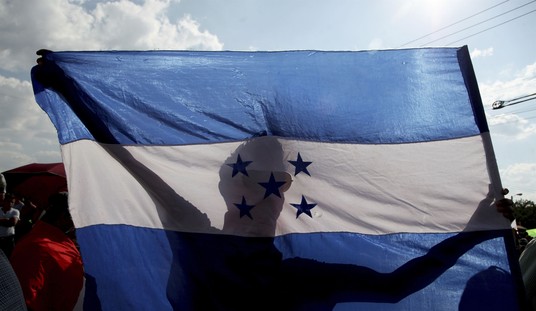As I noted in a recent post below I’ve been overwhelmed with various speaking commitments and it’s interfered with regular blogging so I’m going to begin to try to catch up with brief reports on some of those encounters, trying to limit myself to a single emblematic moment that has stayed with me.
Let me begin with my talk at the Yale Initiative for the Interdisciplinary Study of Anti-Semitism, an ongoing weekly seminar organized by the energetic Professor Charles Small, designed to approach the ancient subject from as many modern perspectives as possible.
As I mentioned before the official title of my talk was “Thinking the Unthinkable: Rhetorical Strategies of the Holocaust Deniers and the Prospect of a Second Holocaust”. But what I really spoke about, what I really was asking about, seeking input from the mixed audience of professors, students, and Jewish community activists was the question of “The Day After”.
The day After a “second Holocaust’. The Day After the no-longer unimaginable destruction of the Jewish state and the people who live in it by a nuclear armed state or terrorist group.
Assuming as most do that even after such destruction, Israeli retaliatory capacity will survive, as it must for the credibility of deterrence. Who to hit, with how much, for what purpose? What if the nuclear device, the most likely means of carrying out radical Islamist exterminationist aims, has no “home address”. If it can’t be known whether a state smuggled it in or just a small front group whose identity is shrouded in mystery?
Much of the discussion focussed on these terrible, difficult questions.
But one hand was raised and one student asked an almost shocking question. What is the point of retaliation? The damage will have been done. Millions will die from an act that will have only symbolic value, he suggested.
Others argued against that and proposed several practical reasons for retaliation, or for not discussing no-retaliation, arguments that involved maintaining the credibility of deterrence to protect against such an attack before it cold happen, others that involved the protection of the remaining Jews of the world, after it happened. Nut these are strategic, game theory questions however grave the consequences. But that’s another question.
The question the student asked was, wouldn’t the renunciation of retaliation at that point enable Jews to establish a moral standard for ages to come? A moral standard?
My immediate somewhat glib response was to say this is in effect is asking Jews to “turn the other cheek” and that for centuries Christians had preached “turn the other cheek” but Jews and had been the ones to do so and look where it’s gotten us.
I wish I had a better response. I’d like to hear from readers of this blog what they think the response should be. Before my talk I’d asked three faculty members of New York’s Jewish Theological Seminary for some citations from past Jewish wisdom, commentary, midrash on questions of retaliation, justice and recompense for suffering in the context of Israeli nuclear deterrence. And that all three had run from the question.
None of them was frank enough to say they were afraid of it, afraid of thinking about it having their names attached to any such speculation (even though I offered them anonymity). One at least admitted that “the question you’ve asked is one that truly could be called ‘something new under the sun'”.
But isn’t this why the Jewish community supports institutions such as the Jewish Theological Seminary. To consider that which is “new under the sun” in the light of what has gone before and been thought before? The Israeli Security Cabinet has surely discussed such questions as the proportionality of retaliation.
What is the value of supporting Theological Seminaries full of Jewish sages who fear to bring their intellect and knowledge to bear on such questions? I don’t necessarily agree with the premises of the student’s question but admire his courage in asking it, and deplore the cowardice of the tenured “sages” who don’t turn the other cheek, but turn away and run from facing that which is “new under the sun”.
The response of those at the Yale Seminar was quiite the opposite, unafraid to discuss such questions. Let’s hear from some more untenured sages on a question we all have a stake in.









Join the conversation as a VIP Member